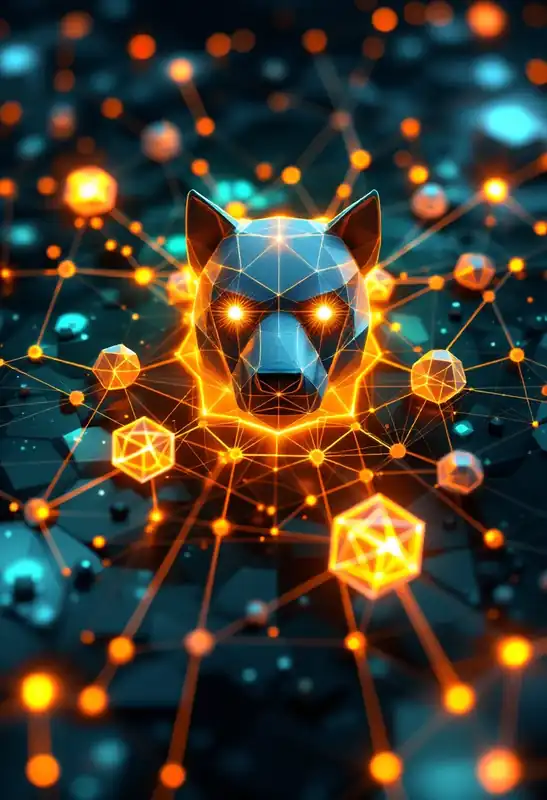
TUO
Technologies of Unknown Origin
Technologies of Unknown Origin
Refers to emerging technologies whose fundamental characteristics or origins are not fully understood, often explored for their potential in advancing AI or other fields.
Technologies of Unknown Origin (Tuo) are increasingly becoming a focal point within the field of AI due to their enigmatic nature and potential to introduce groundbreaking capabilities. These are innovations that seemingly arise without clear antecedent technologies or existing knowledge bases, often leading to speculation about their sources and mechanisms. AI researchers and theorists are particularly interested in Tuo for its capacity to possibly redefine computational processes, data analysis methods, and machine-heralded problem-solving paradigms. By investigating Tuo, AI experts aim to glean insights into novel algorithms, architecture designs, or alternative computation frameworks that challenge current paradigms and hold transformative promise across disciplines.
The term "Technologies of Unknown Origin" first emerged in AI discussions around the early 2010s but gained significant attention in 2015 with the increasing interdisciplinary collaborations that sought to hypothesize and harness such enigmatic technologies. Its popularity was fueled by speculative investigations and theoretical conferences focusing on hypothetical advancements in AI capabilities.
Key contributors to the exploration of Technologies of Unknown Origin in the AI context include interdisciplinary research coalitions and think tanks dedicated to investigating the potential of emergent and speculative technologies. Among these, the Future of Humanity Institute and various AI research consortiums have been instrumental in conceptualizing and contextualizing Tuo within scientific discourses, by theorizing about the implications and utility of uncharted technologies in the evolution of AI.
